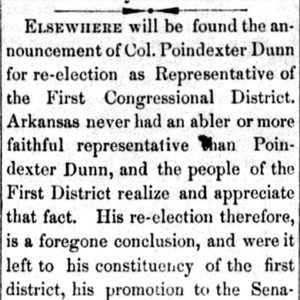 Poindexter Article
Poindexter Article
Gender: Male - Starting with P
 Poindexter Article
Poindexter Article
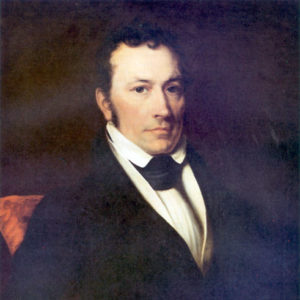 Joel Poinsett
Joel Poinsett
Pointer, John (Execution of)
Poland Committee
aka: Select Committee to Inquire into Conditions of the Affairs in the State of Arkansas
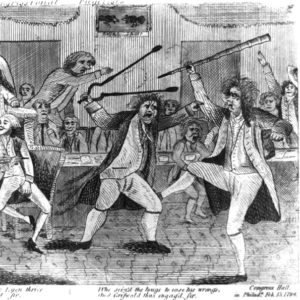 Political Cartoon of Brawl
Political Cartoon of Brawl
Polk Brothers (Lynching of)
Polk County Draft War
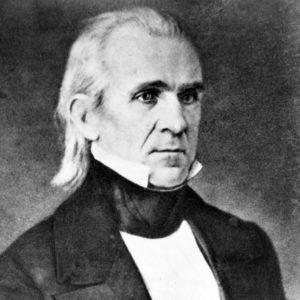 James Polk
James Polk
Polk, Leonidas
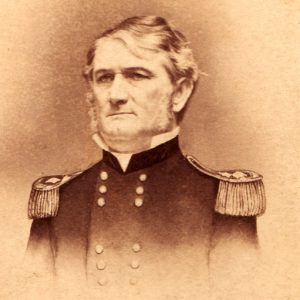 Leonidas Polk
Leonidas Polk
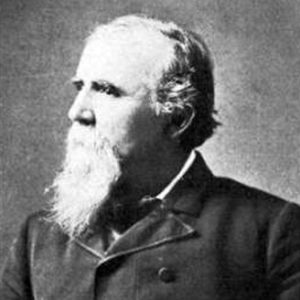 Lucius Polk
Lucius Polk
Polk, Lucius Eugene
Pollard, Odell
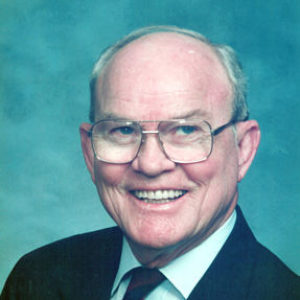 Odell Pollard
Odell Pollard
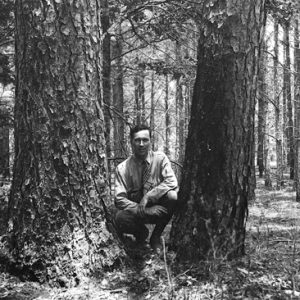 Les Pomeroy
Les Pomeroy
Pomeroy, Leslie Klett (Les)
Pope-Noland Duel
Pope, John
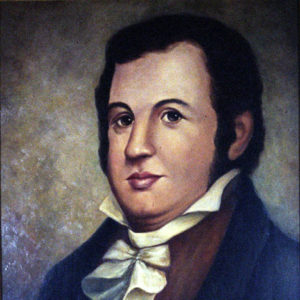 John Pope
John Pope
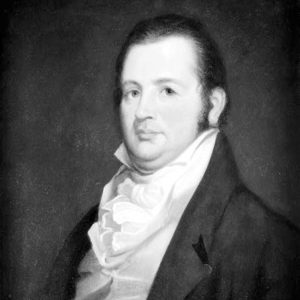 John Pope
John Pope
Porter, Art, Jr.
aka: Arthur Lee Porter Jr.
 Art Porter Jr.
Art Porter Jr.
 Art Porter Jr.
Art Porter Jr.
Porter, Art, Sr.
aka: Arthur Lee Porter Sr.
 Art Porter Sr.
Art Porter Sr.
 Art Porter Sr.
Art Porter Sr.
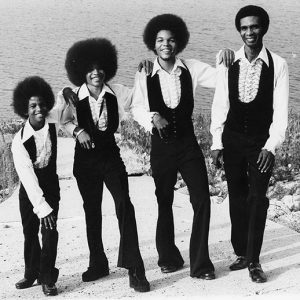 Art Porter Sr. and Sons
Art Porter Sr. and Sons
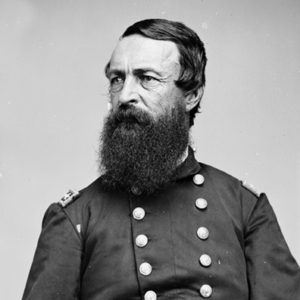 David Porter
David Porter
 Jim Porter
Jim Porter
 Jim Porter
Jim Porter
Porter, Jim Skillern, Jr.
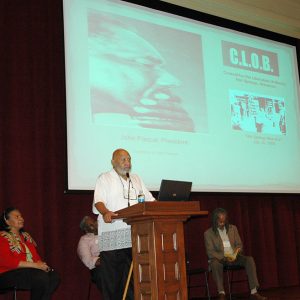 Ralph Porter
Ralph Porter
Porter, Ray Edison
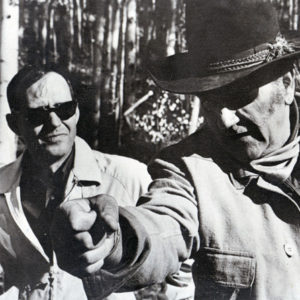 Charles Portis and John Wayne
Charles Portis and John Wayne
Portis, Charles McColl
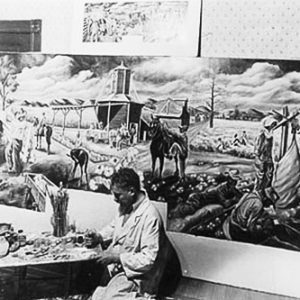 Joseph Vorst's Post Office Mural
Joseph Vorst's Post Office Mural
Postoak, John (Execution of)
 Pot Luck and Poison Ivy
Pot Luck and Poison Ivy
Potts, John Kirkbride
Pounds, Winston (Lynching of)
 Dick Powell Music
Dick Powell Music
Powell, Charles (Lynching of)
Powell, Dick
aka: Richard Ewing Powell
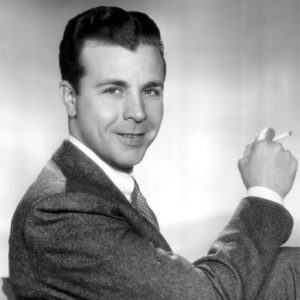 Dick Powell
Dick Powell
Powell, Dwane
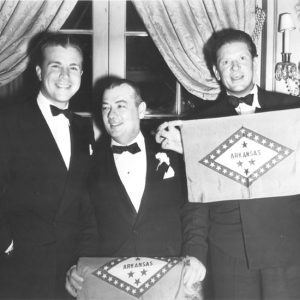 Powell, Hall, and Burns
Powell, Hall, and Burns
Powell, James Ormond
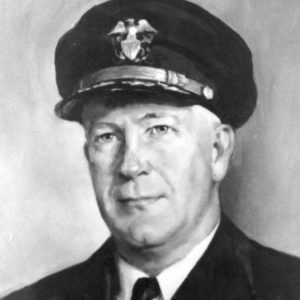 Morgan Powell
Morgan Powell




